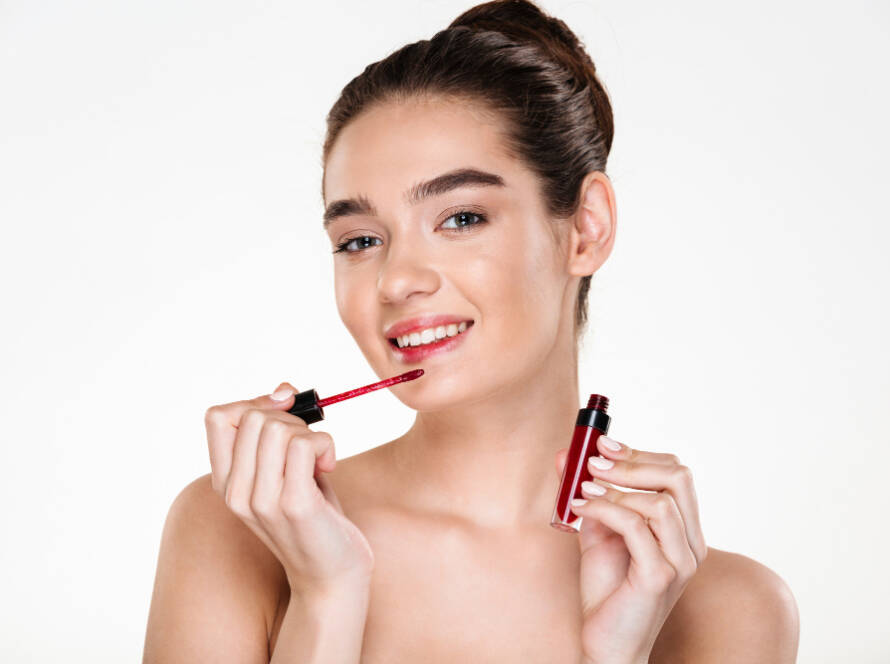Introduction
Ladies, have you ever stopped and thought about what exactly you’re putting on your face? It’s no secret that the cosmetics industry is booming, with an estimated worth of over $500 billion globally. Yet, what’s alarming is the lack of regulation in the industry. Unlike pharmaceuticals that are tested, reviewed and regulated by the FDA, cosmetics in the USA remain unregulated. The irony is that we’re willing to spend top dollar on beauty products with little to no knowledge of the potential risks. So why is the cosmetics industry not regulated? Here’s the ugly truth.
The burden of proof lies with the FDA:
Unlike other consumer products such as cars and electronics, the burden of ensuring product safety in the cosmetics industry falls entirely on the FDA. What this means is that for a product to be deemed unsafe, the FDA must prove the product is dangerous. This is a lengthy and expensive process, which the FDA simply doesn’t have the time or resources to do. This lack of funding and manpower makes it a challenge for the FDA to regulate the industry effectively.
The cosmetics industry lobby:
The cosmetics industry is one of the biggest lobbies in the world, with plenty of influence on Capitol Hill. This lobby has fought tooth and nail against any proposed regulations, citing “innovation” and “job creation” as reasons to limit regulatory changes. This powerful sector often argues that regulation would stifle innovation and harm the industry’s growth. The reality is that without proper regulations, manufacturers can cut corners, omit important information, and potentially harm their clients.
Marketing and branding are more important:
For most cosmetic companies, the priority is branding and marketing over product safety. Without proper regulations, companies can easily make wild claims of skin benefits without verifying them. Misleading marketing tactics, like using buzzwords such as “natural” or “organic,” can be used to deceive clients into thinking they’re using safe and eco-friendly products.
International trade agreements:
With globalization comes international trade agreements that regulate how international’ products are sold in different countries. In the USA, this agreement is known as the “Fair Packaging and Labeling Act” and “Federal Cosmetic Act.” The agreement stipulates that companies are responsible for ensuring their products are not harmful, though this regulation is often overlooked and rarely enforced.
Lack of consumer education:
Lastly, the cosmetics industry isn’t regulated because consumers don’t demand it. Many of us place emphasis on the quality of ingredients without thinking for a moment about the potential risks. Few consumers read the labels or research the ingredients before buying a product. Without a clear demand for product safety, the cosmetics industry is unlikely to be regulated.
Conclusion:
Ladies, we can no longer ignore the truth about the cosmetics industry. As consumers, it’s our responsibility to demand that cosmetic companies prioritize product safety. Until we demand change and educated ourselves, the industry will continue to get away with potentially harmful products. It’s high time we take a stand and advocate for proper regulations. After all, we’re the ones putting our health at risk every time we buy an unregulated beauty product.




